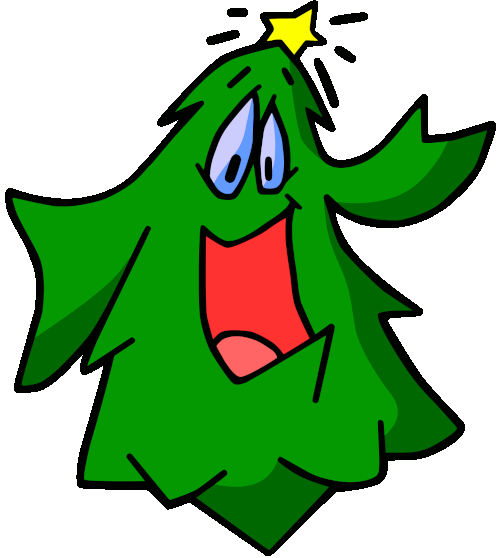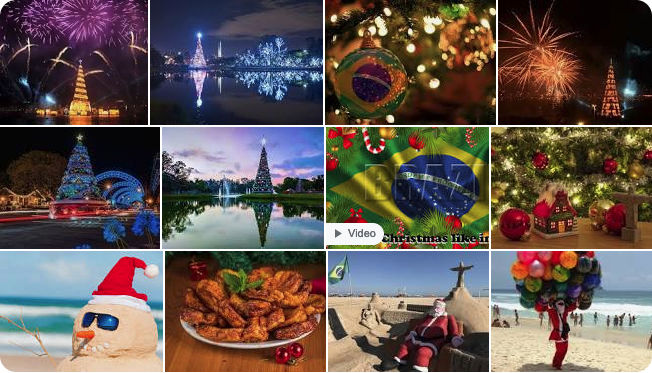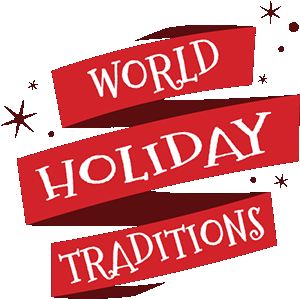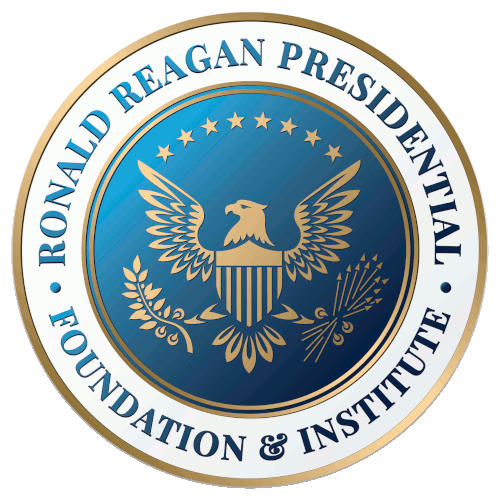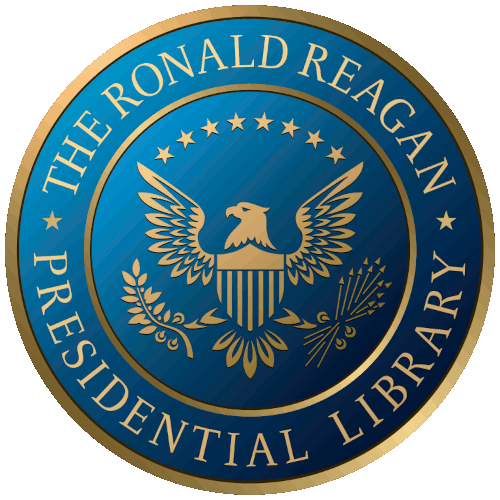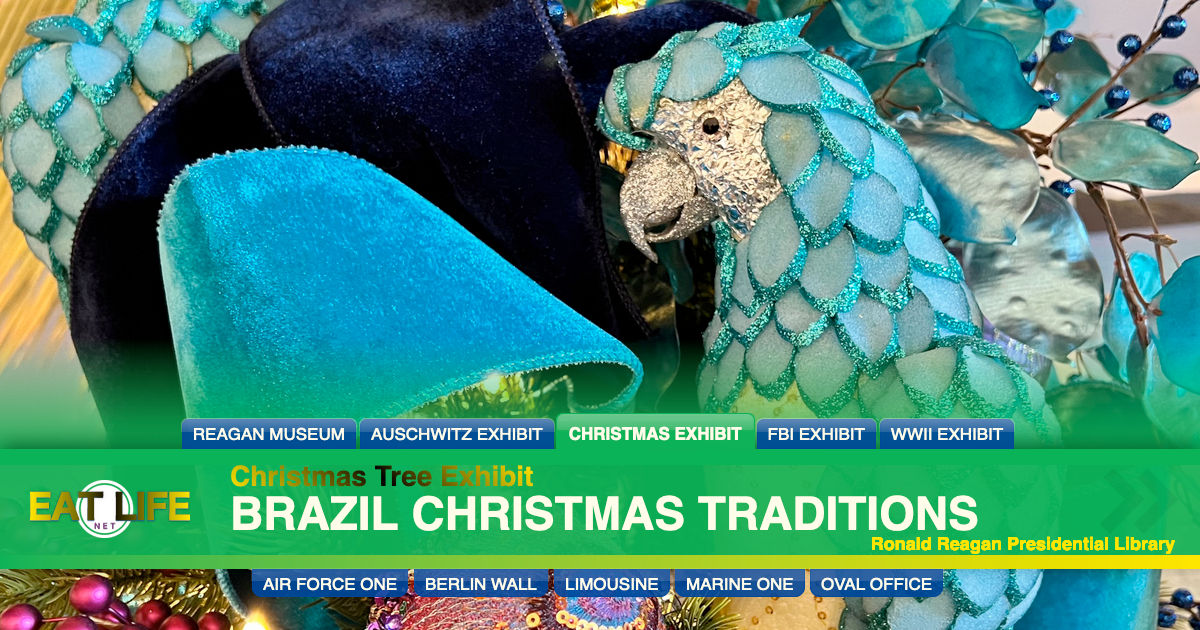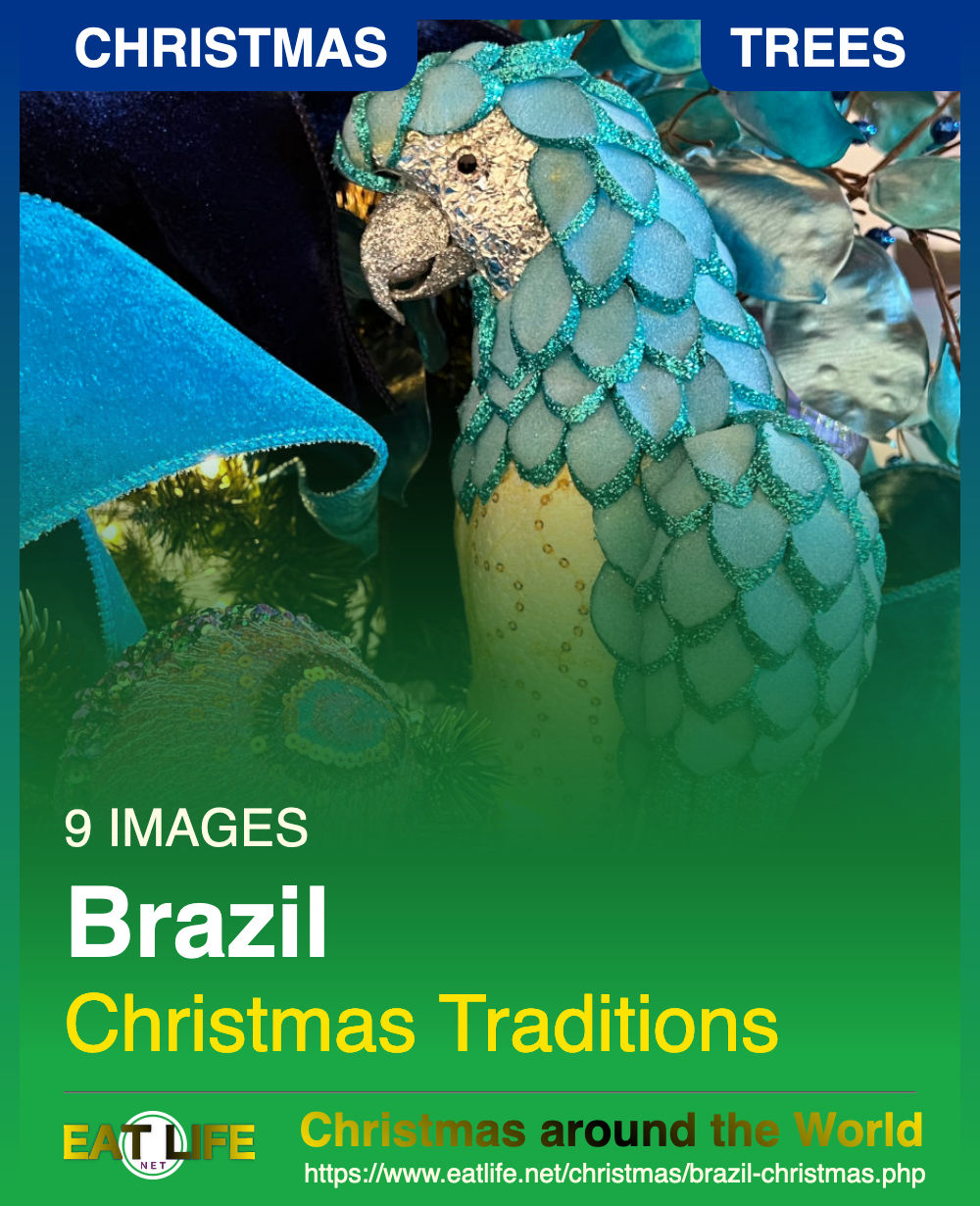CHRISTMAS:

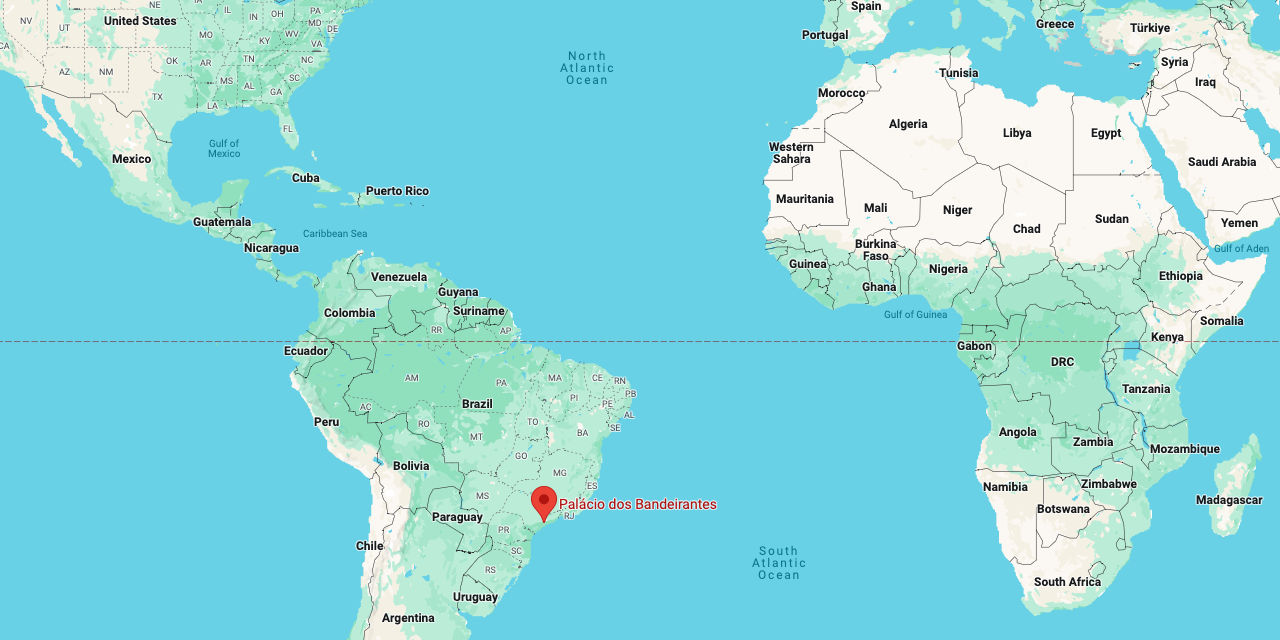
https://www.google.com/maps/place/Pal%C3%A1cio+dos+Bandeirantes
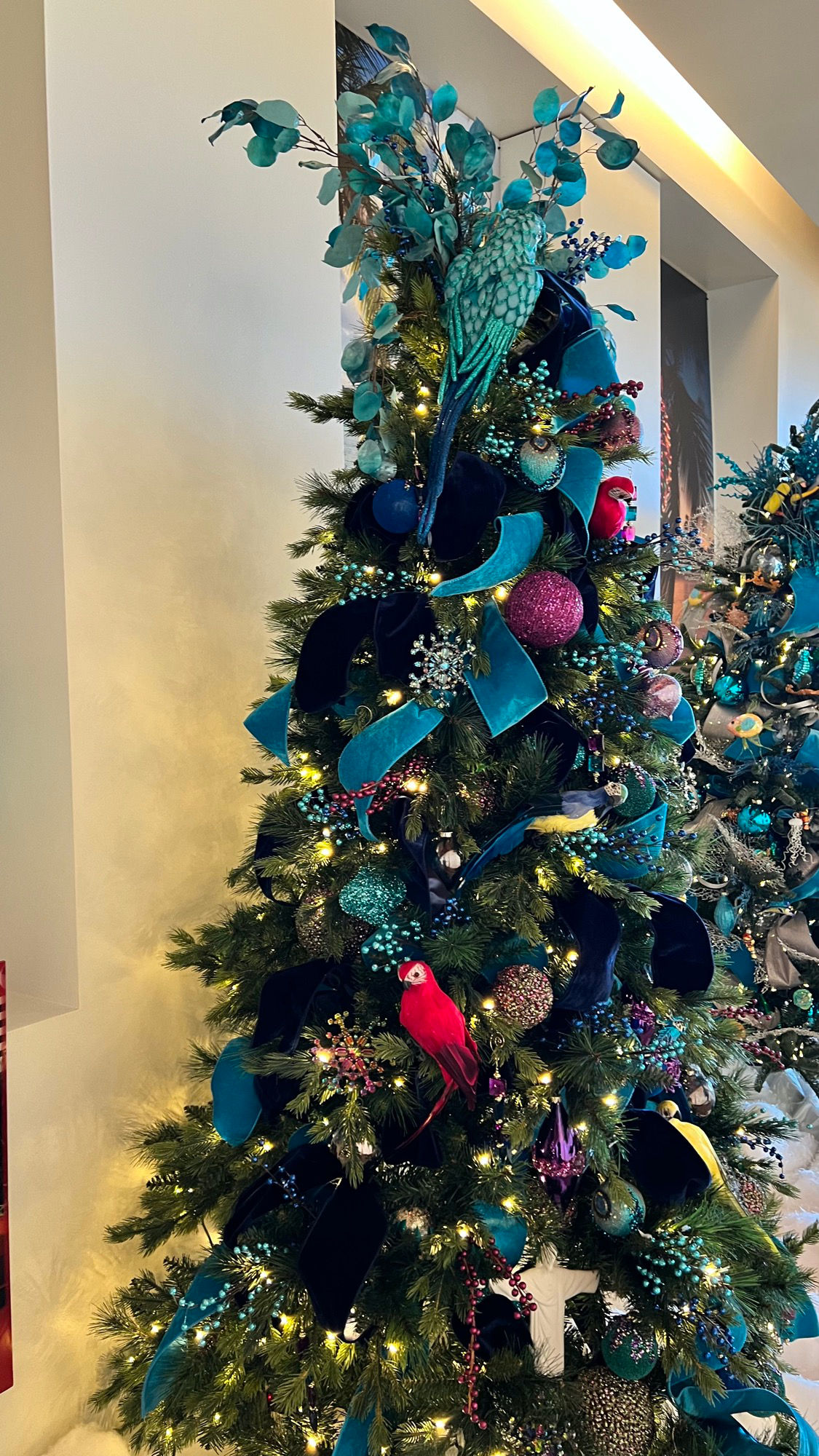
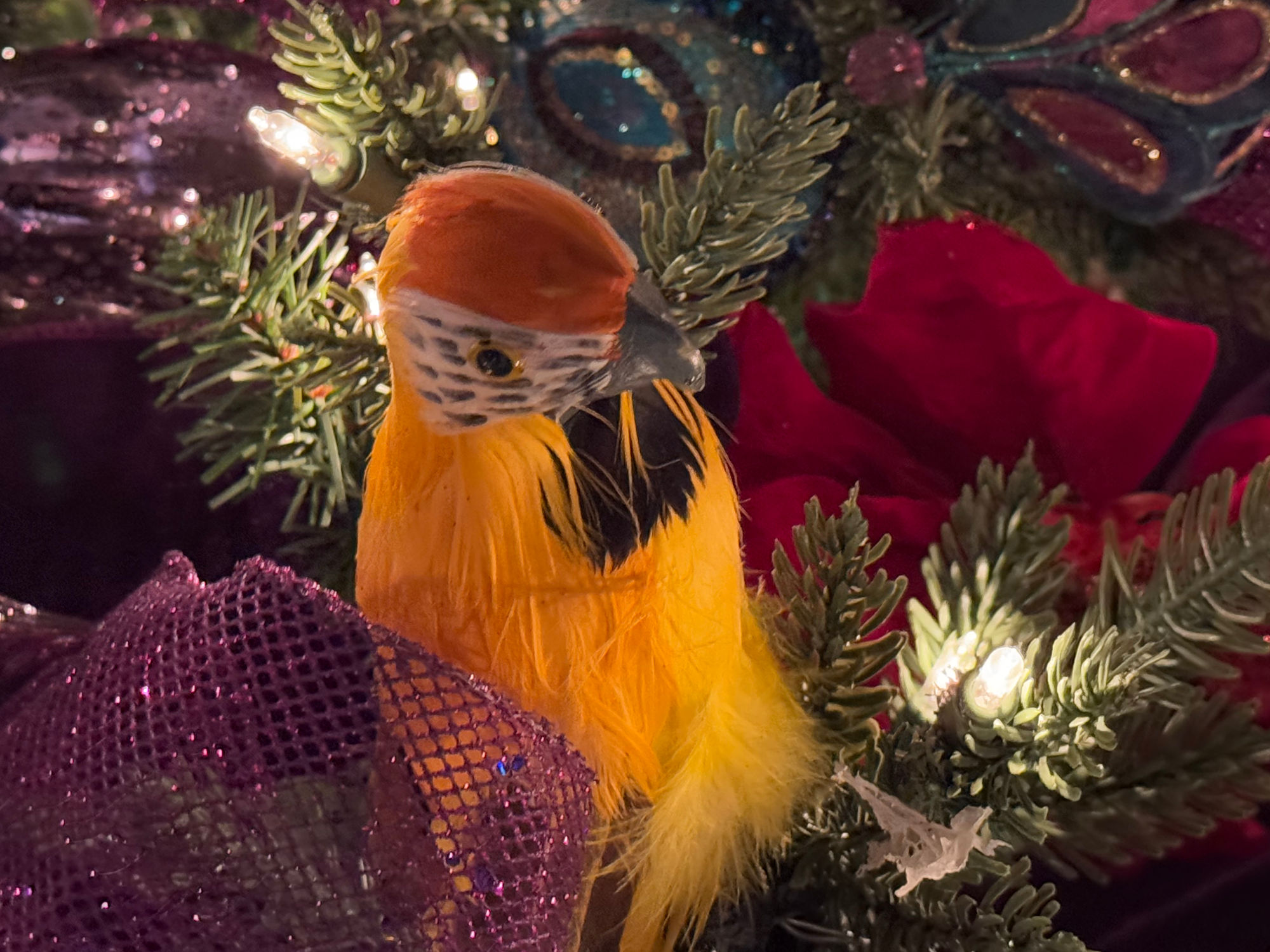
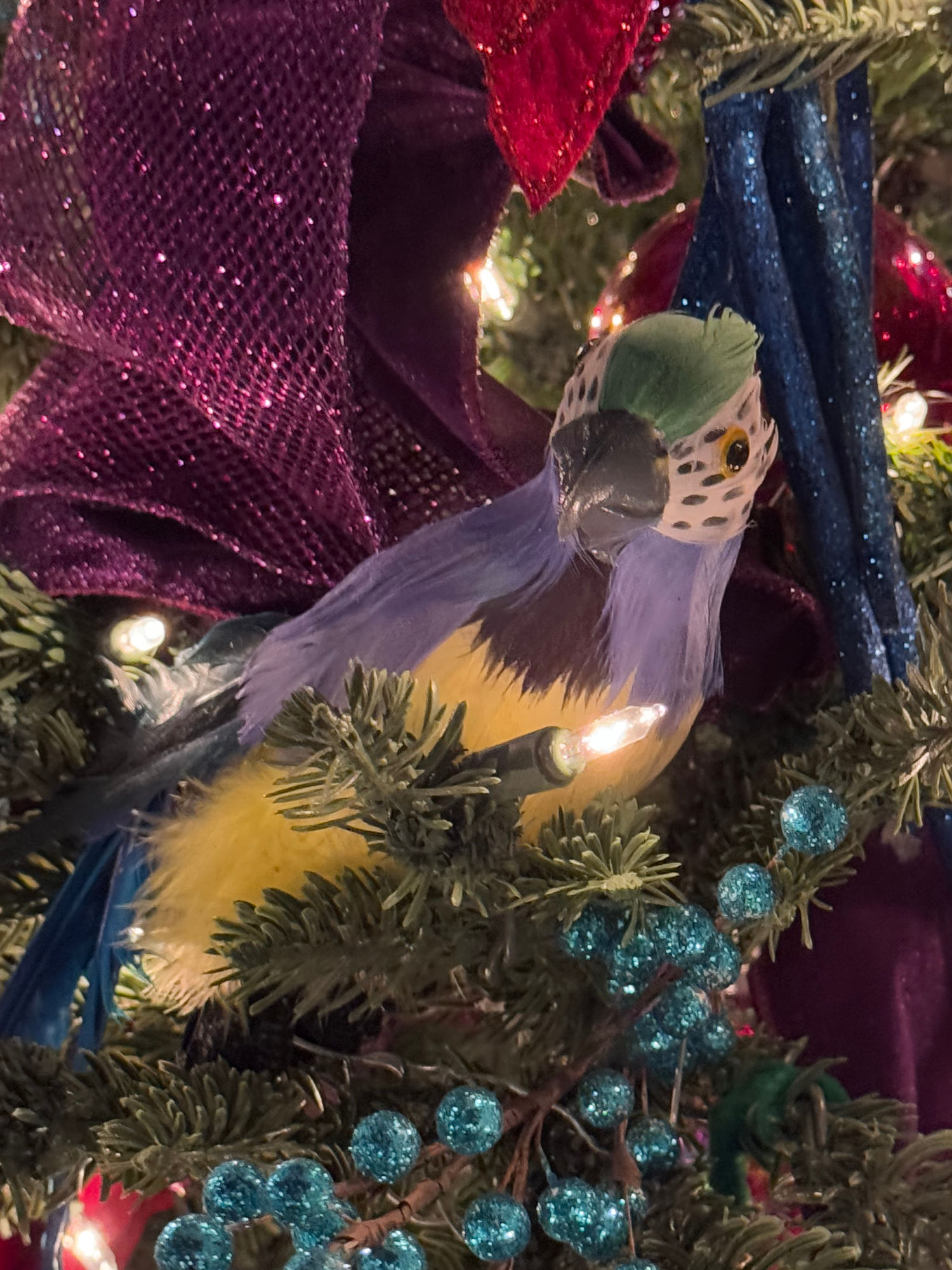
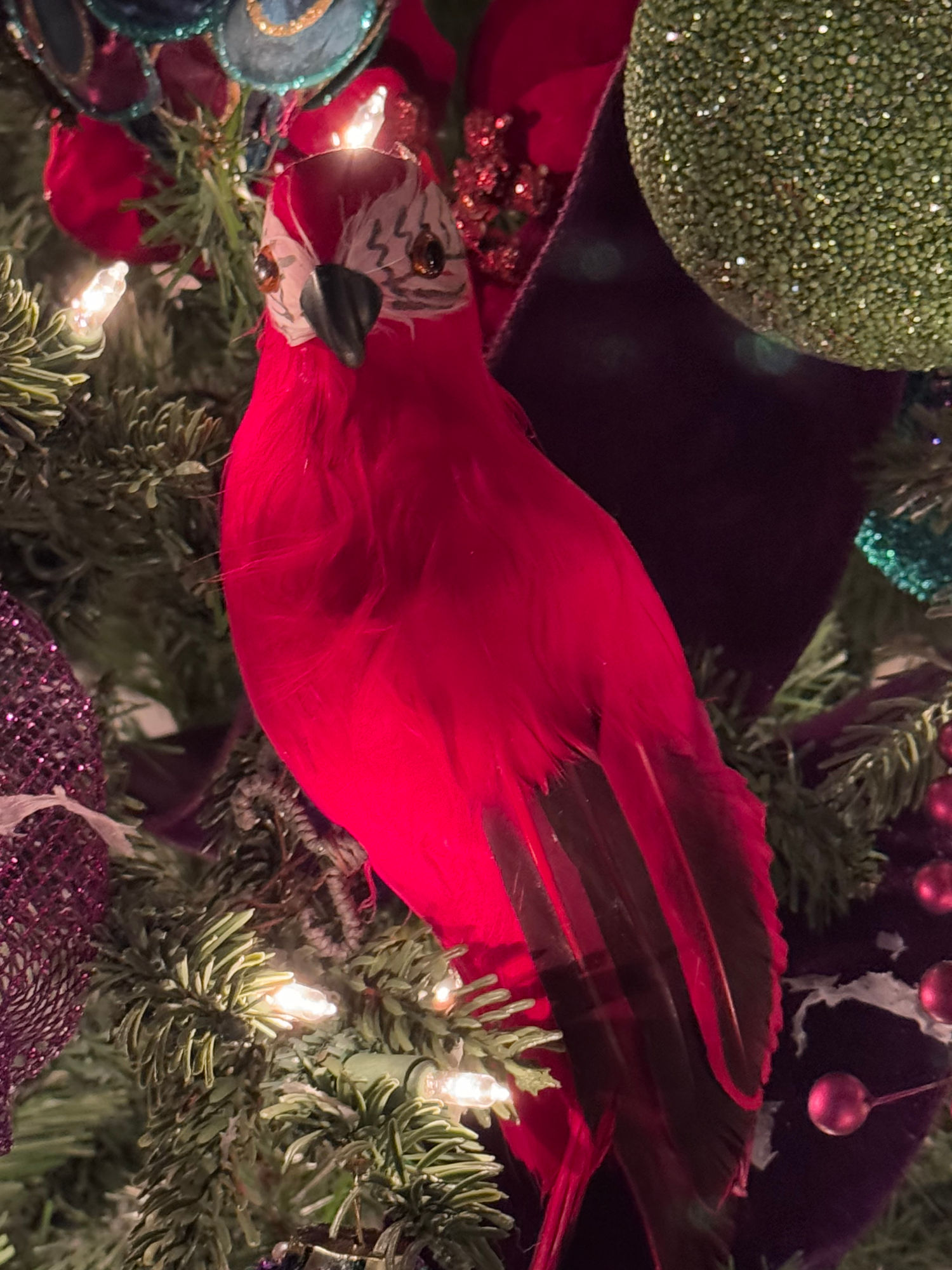
| HOW TO SAY MERRY CHRISTMAS: | |
|---|---|
| In Portuguese | Feliz Natal |
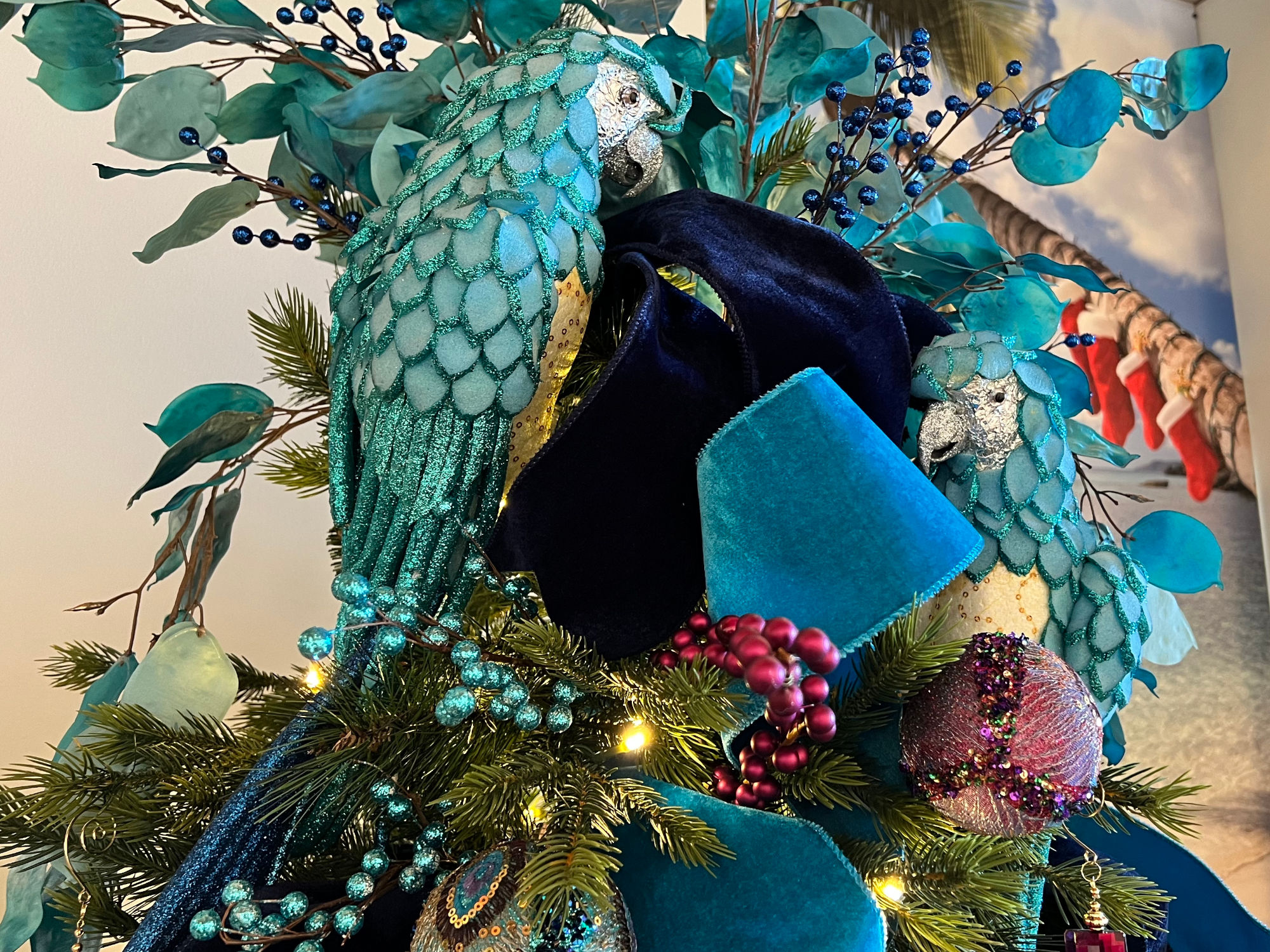
WHYCHRISTMAS.COMChristmas in Brazil
Many Brazilian Christmas traditions come from Portugal as Portugal ruled Brazil for many years. Nativity Scenes, known as Presepio are very popular. They are set-up in churches and homes all through December.
- Christmas plays called 'Os Pastores' (The Shepherds), like the plays in Mexico, are popular. In the Brazilian versions of the play, there's also traditionally a shepherdess and also a woman who tries to steal the baby Jesus!
- Most people, especially Catholics, will go to a Midnight Mass service or Missa do Galo (Mass of the Roster). The mass normally finishes about 1.00am. On Christmas day, people might go to church again, but this time the services are often in the afternoon.
- After the Missa do Gallo there are often big firework displays and in big towns and cities there are big Christmas Tree shaped displays of electric lights.
- In Brazil, Santa Claus is called Papai Noel & Bom Velhinho (Good Old Man).
- Many Christmas customs are similar to ones in the USA or UK even though it's summer and very hot at Christmas time in Brazil. Many people like to go to the beach.
- Sometimes children leave a sock near a window. If Papai Noel finds your sock, he'll exchange it for a present!
- Taking part in a 'Secret Santa', known as 'amigo secreto' (secret friend) is popular in Brazil at Christmas. It is traditional to give small gifts all through December using a pretend name (apelidos). On Christmas Day, people reveal who their amigo secreto was!
- The most popular Christmas song in Brazil is 'Noite Feliz' (Silent Night).
- It's common in Brazil to get a '13th salary' at the end of the year – i.e. in December you get twice the normal amount of pay for that month! The idea is to help boost the economy around Christmas. This has been going on for decades and most people don’t even question that other countries might not do it!
- Epiphany, when people remember the Wise Men visiting Jesus, is widely celebrated in Brazil.
Favorite Christmas foods in Brazil include pork, turkey, ham, salads and fresh and dried fruits. Everything is served with rice cooked with raisins and a good spoon of "farofa" (seasoned manioc flour.) Popular Christmas desserts include tropical and ice cream.
Brazils population is a mix of many different cultures and people that originally came from different countries, so you may have Italian Panettone in São Paulo, Portuguese salted Cod in Rio de Janeiro and some African style food in the states of North-East Brazil.
The meal is normally be served around 10pm on Christmas Eve and exactly at Midnight people greet each other, make a toast wishing everyone a Happy Christmas and after that they will exchange presents. The lunch on Christmas day is also special and after that some people go to relatives and friends houses to visit.
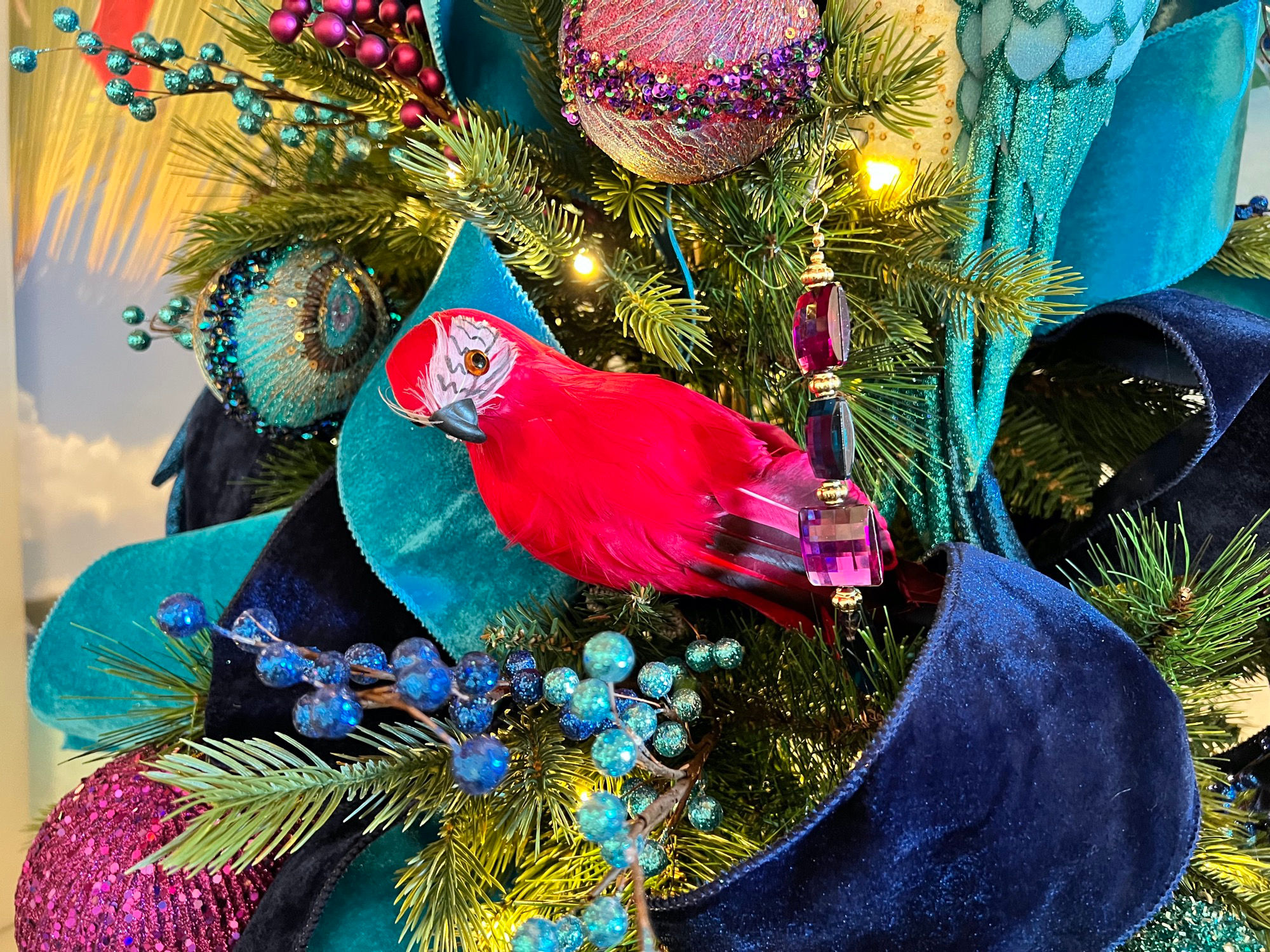
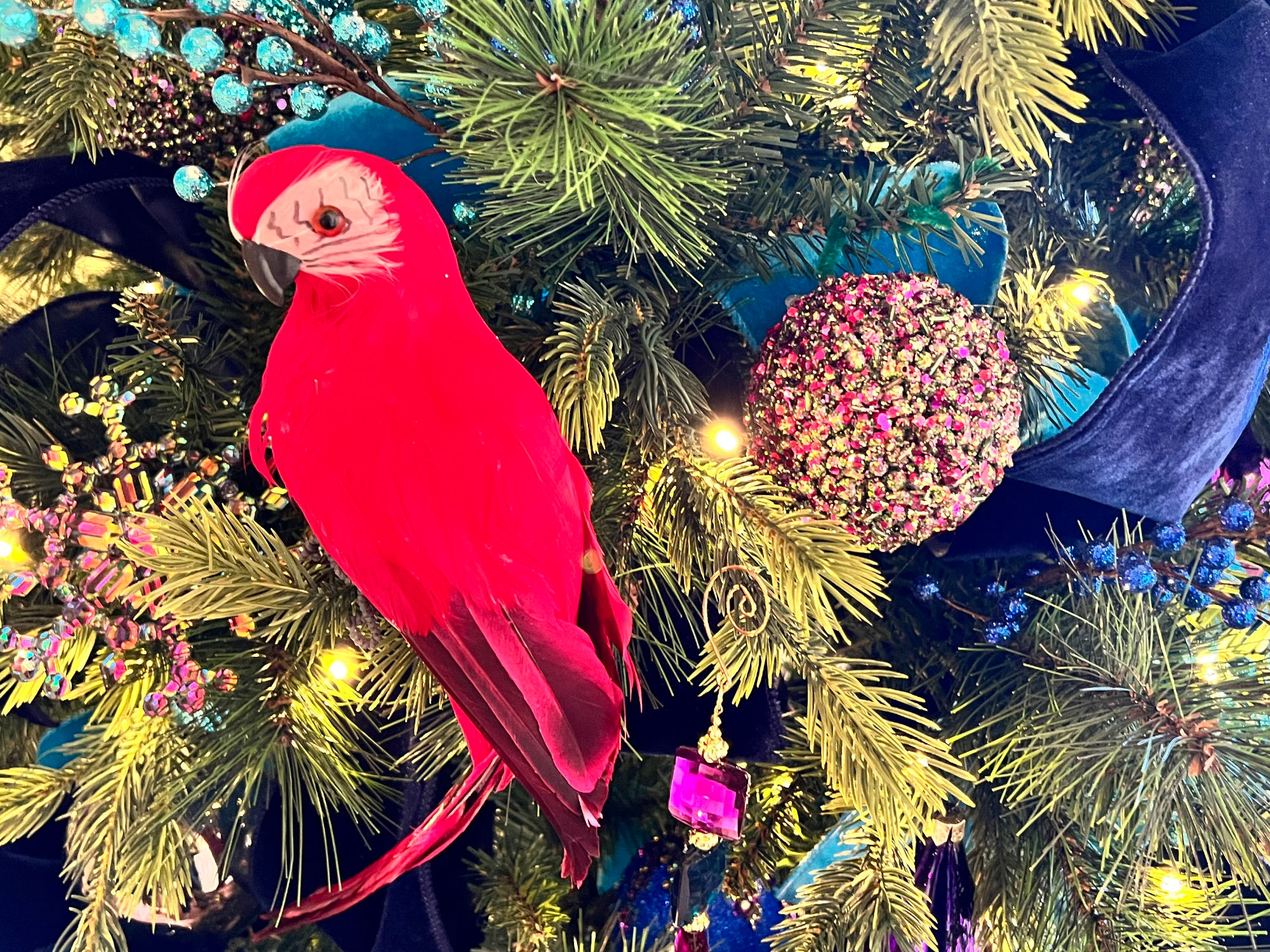
Culture TripHow Brazilians Celebrate Christmas
December 25 in Brazil means a time of family, religious reflection and, quite often, an excess of food and drink. Brazil celebrates Christmas in the middle of summer so the days are hot and sunny, giving the festivities a tropical mood. Here is how Brazilians celebrate Christmas.Christmas Decorations
Although the idea of decorating a palm tree conjures the image of a truly tropical Christmas, Brazilians decorate a traditional Christmas tree although it tends to be a plastic one and is adorned with all the usual fairy lights, baubles and tinsel. Tables will be laid with Christmas-patterned tablecloths and tinsel is often hung up throughout the home.Gift Giving
When Brazilians meet for Christmas, it’s usually the entire family that gets involved, from the immediate family to cousins, aunts, uncles, second cousins and everyone else that is somehow related. As a result, the celebration involves a large group of people and gift-giving could get expensive and time-consuming. A popular way to approach gift-giving is a Secret Santa, or Amigo Oculto as it’s known in Brazil, where each person is allocated the responsibility of buying a gift for one person without that person knowing. When it’s time to give the presents, the gift-buyer will often describe the person until everyone guesses who it is before giving them their present.Santa Claus
Santa Claus is the same in Brazil as most of the Western world see him. Papai Noel as he is known in Brazil is believed to come on Christmas Eve with presents for the children and lives in the North Pole. Some believe he wears silk to keep him cool in Brazil’s hot climate, but most believe he uses thick red and white robes.Celebrations
The main celebrations take place on Christmas Eve when people get together with friends during the afternoon and spend the evening celebrating with their family at home. For the evening celebrations, it is usual to get dressed up in smart, new clothes and women will often style their hair and wear makeup. The celebrations continue late into the night with plenty of food, music, drinking and animated conversations with family, with the climax of the night at midnight when Christmas officially arrives. The day of the 25th has a more low-key, relaxed feel without the big celebrations and eating the leftovers from the previous day.Christmas Food
For many, Christmas food is one of the highlights of the day and in Brazil, it is influenced by many cultures, including Brazil, Italy, Portugal, Spain and, especially in the south of the country, Germany. Christmas dinner includes turkey, Chester (a round ball of turkey breast), vegetables, rice, ham, potato salads, and sometimes lasagne and dishes with cod. In the south of the country, especially in towns influenced by German tradition, pudding often includes stollen, whereas other places often eat the Italian-inspired panettone. The Christmas feast is eaten late at night on the December 24, sometimes around midnight when the main celebrations occur.
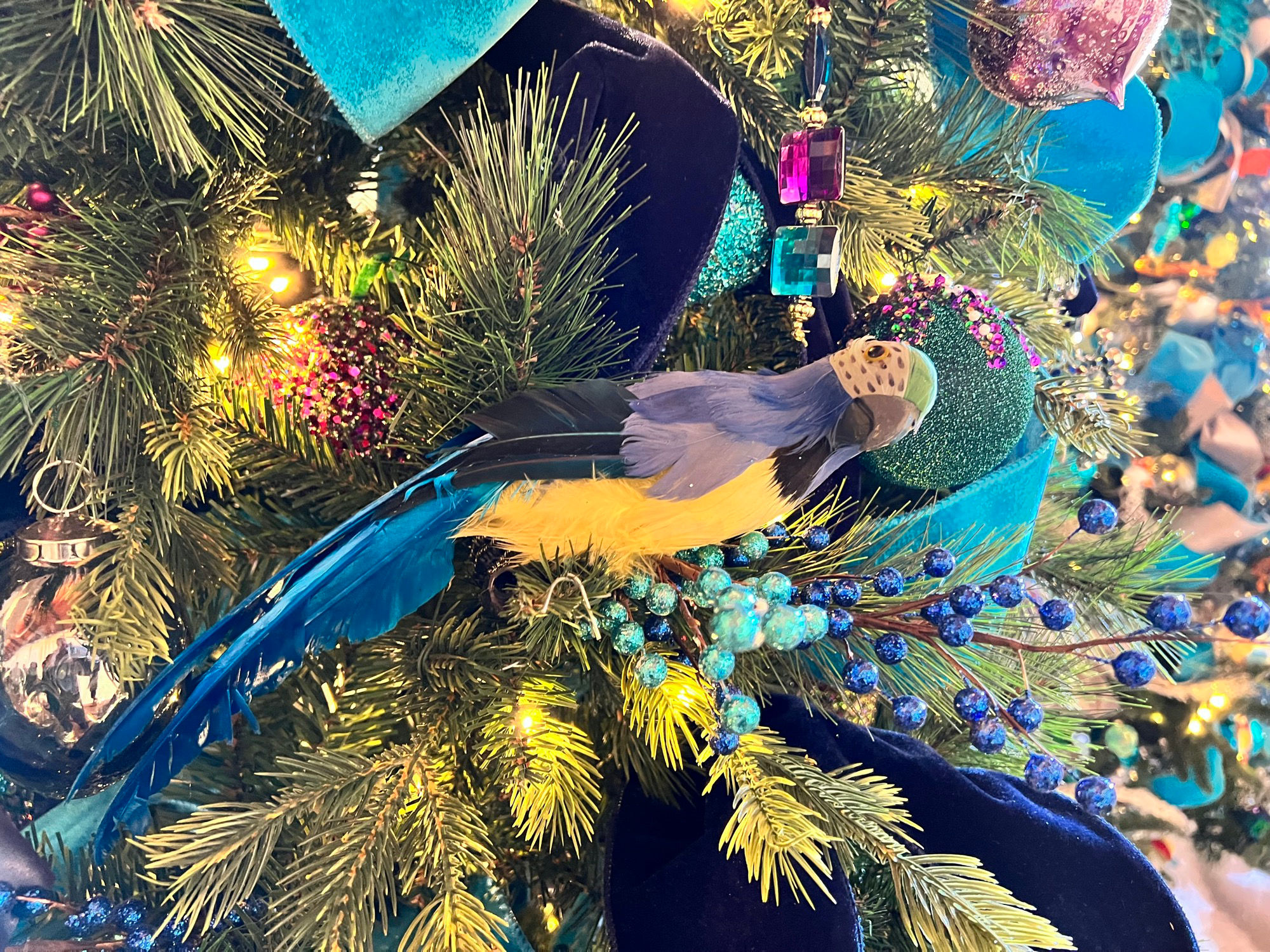
World Holiday TraditionsHoliday Traditions of Brazil
Presepios, or nativity scenes, are a very popular Christmas decoration in Brazil, and they decorate churches, houses, and storefronts around the nation. Christmas Trees are also commonplace, decorated as they are in the European tradition with festive colored lights, garland, and baubles. Many major cities have a huge Christmas Tree decorated with electric lights.In Brazil, employees receive a 13th salary at the end of the year, or double their salary in December, to help boost the economy around Christmastime.
As the majority of the population is Catholic, many Brazilians attend a midnight mass on Christmas Eve called the Misa de Gallo, or Mass of the Rooster, named so because it may last all night, until the rooster crows in the early morning. At midnight, the nation celebrates with a massive show of fireworks.
It's also tradition to enjoy a big family meal on Christmas Eve, served around 10 PM. The meal is comprised of turkey, ham, salads, and fresh fruits, served with rice cooked with raisins and a spoonful of farofa, or seasoned manioc flour. Because Brazil has been host to many European immigrants over the course of its history, Brazilian Christmas food is influenced by many different cultures, such as those of Italy, Portugal, Spain, and Germany. Popular desserts include the German pudding stollen, and the Italian panettone bread. At midnight, they toast, wishing each other a happy Christmas, and exchange presents.
Amigo Oculto, or Secret Santa, is a popular means of gift-giving among friends and family. Each participant is responsible for anonymously giving another a gift. When it's time to open the presents, the gift-givers are revealed to the recipients. Papai Noel, or Santa Claus, brings presents to the children. Despite Christmas falling in the Brazilian summer, he still appears in his thick red and white robes. Because Christmas is so warm, many families spend the day at the beach.
Epiphany, the celebration of the journey of the magi to see the baby Jesus on January 6th, is also widely celebrated in Brazil.
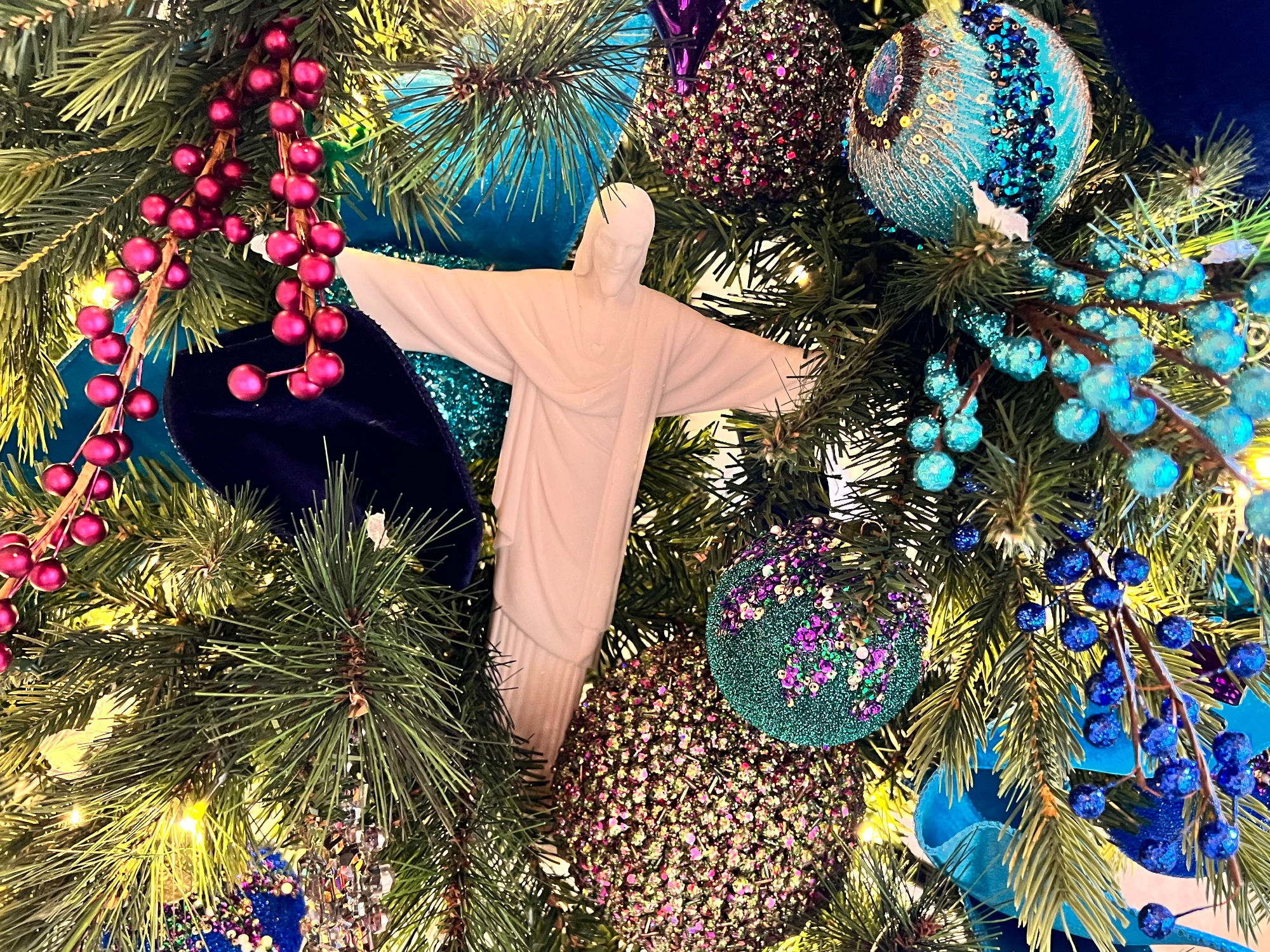
CHEF'S PENCILBrazilian Christmas Foods
Christmas in Brazil is a widely celebrated holiday, no matter who you are, your religion, or race. You can feel the Christmas mood just by walking down the street a couple of weeks into December. We do not have snow, as Christmas occurs in the summer.With Christmas approaching, Brazilians feel the warmth is not only in our climate but in people's hearts. It is the time of the year when families get together from all corners of our continental country so that everyone can celebrate with a delicious, two-day tropical-colored feast.
- Peru Natalino (Christmas Turkey)
Turkey might not be a Brazilian creation, for it is a non-native bird. Nevertheless, the tradition of serving a highly seasoned turkey as the main dish for Christmas celebrations runs deep in Brazilian culture, thanks to influence from the American thanksgiving celebration.- Leitão a Pururuca (Pururuca Pig)
A traditional dish that was served during the first Christmas celebration in colonial times, some hundreds of years ago. An entire pig is bathed in wine and slow-cooked for several hours, until the meat becomes juicy and tender, and the skin becomes a crunchy delicacy in itself called torresmo.- Arroz Natalino – Christmas Rice
In Brazil you can't call a meal a dinner if there is no rice. It is easy to cook, cheap, delicious, and nutritious. Usually it is seasoned with olive oil, garlic, onions, and a bit of salt. But it would be no fun if they served it the same way during the Christmas celebration as the rest of the year. The popular "Christmas Rice" is usually seasoned with carrots, raisin grapes, and cashew nuts.- Tender (Christmas Ham)
Next we have smoked pork leg, a really popular Christmas dish, often served as a starter. This variety usually features slightly darker meat and thicker skin.- Salpicão
Salpicão is a flavor-packed salad dish -a mixture of many fruits, vegetables, and peppers with the shredded meat of poultry of choice (usually turkey) drenched in mayonnaise. This creation originates from Portugal, but after centuries of development, the Brazilian salpicão does not even have a slightly similar look or taste when you compare it to its European counterpart.- Rabanada
Slices of bread are soaked in milk and wine, then dunked in egg and fried. Fresh out of the oven, you shower them with sugar and cinnamon, and they are ready to go!- Musse de Maracuja (Passion Fruit Mousse)
Ideally served ice cold, there's no better choice if you want a refreshing dessert when the heat of the Christmas summer starts getting a bit too much. The citric flavor of the passion fruit blends perfectly with the various sweets, leaving an amazing bittersweet aftertaste.- Farofa de Natal
Farofa is basically a baked dish featuring copious amount of butter, onions, and optionally eggs, fried bananas, or some kind of meat like bacon, Brazilian sausages, or jerked beef. This is one of the most popular Brazilian side dishes. Christmas Farofa follows the same trend as Christmas Rice. All the usual ingredients are thrown in, along with some that are not that usually there, like nuts, raisin grapes, bell peppers, and other local peppers. There seems to be a trend of Brazilians enjoying strong, multi-flavored dishes at their Christmas celebration!- Pave
If turkey is the main dish of Brazilian Christmas, pave is the main dessert. It is a generous pielike creation, made of several layers of biscuits with bricks of sweet heaven in between!- Torta Alemã (German Pie)
While less popular than pave, torta Alemã is loved by most, and it is always good news when the host is serving it. Despite the German monicker, the recipe is actually Brazilian. According to the story, a German immigrant missed her homeland recipes so much that she tried to replicate them with the very different temperate climate ingredients she had available. It was apparently an instant hit, perhaps even improving on the original. At the very least, Brazilians liked it enough to incorporate it into their own culture.- Bacalhau (Codfish)
This famous Portuguese dish was also incorporated into Brazilian culture. Bacalhau is the first (and usually only) option for anyone that might be in the mood for some fish during Christmas festivities.- Fruit!
There are so many kinds of fruits in Brazil, and they are so abundant at peak summer (December), that they are used exuberantly in several dishes you wouldn't usually expect to find fruit in. Not only they are appreciated for their flavor, but they usefully provide most important decoration of a Christmas table. Fruits are served besides nearly every dish, there are slices of pineapple around the turkey, small cubes of mangoes coloring the salads, several banana dishes like fried bananas... the trend goes beyond native fruits like grapes: at a a Brazilian Christmas you can find different berries, lychees, and cherries. When it comes to fruit, anything goes!- Panettone
Panettones are coveted so much that Brazilian folk gift these amazing sweet breads left and right during the Christmas festivities. It is not rare at a Christmas party for the number of panettones to outnumber the guests!- Chester
Many Brazilians opt for serving Chester instead of turkey. Not only because they are considerably cheaper, but they are also considerably easier to cook than an entire turkey. The Chester is basically a pumped-up chicken that was bred using genetic selection processes so that they could have more than double the amount of breast and thigh meat.- Brigadeiro
Brazilians look for any excuse to cook these delicious homemade bonbons: brigadeiros, loved by children and adults alike- White Wine
During Christmas celebrations, Brazilians certainly enjoy a nice glass of white wine. Not only does white wine feature several Christmas recipes, but it is also a great choice to serve with poultry-based dishes. And what could be more refreshing on a hot, summer's Christmas Day?
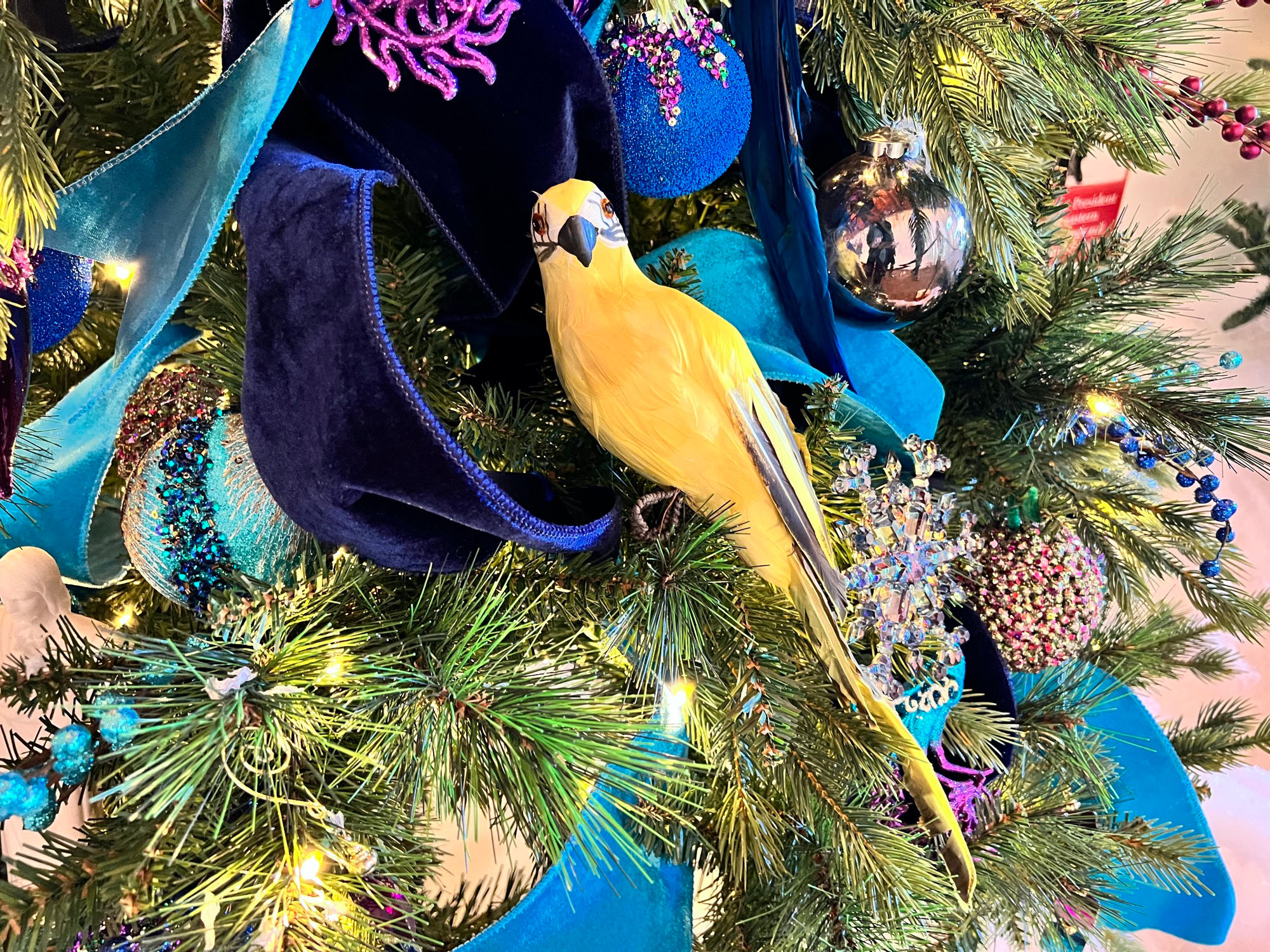
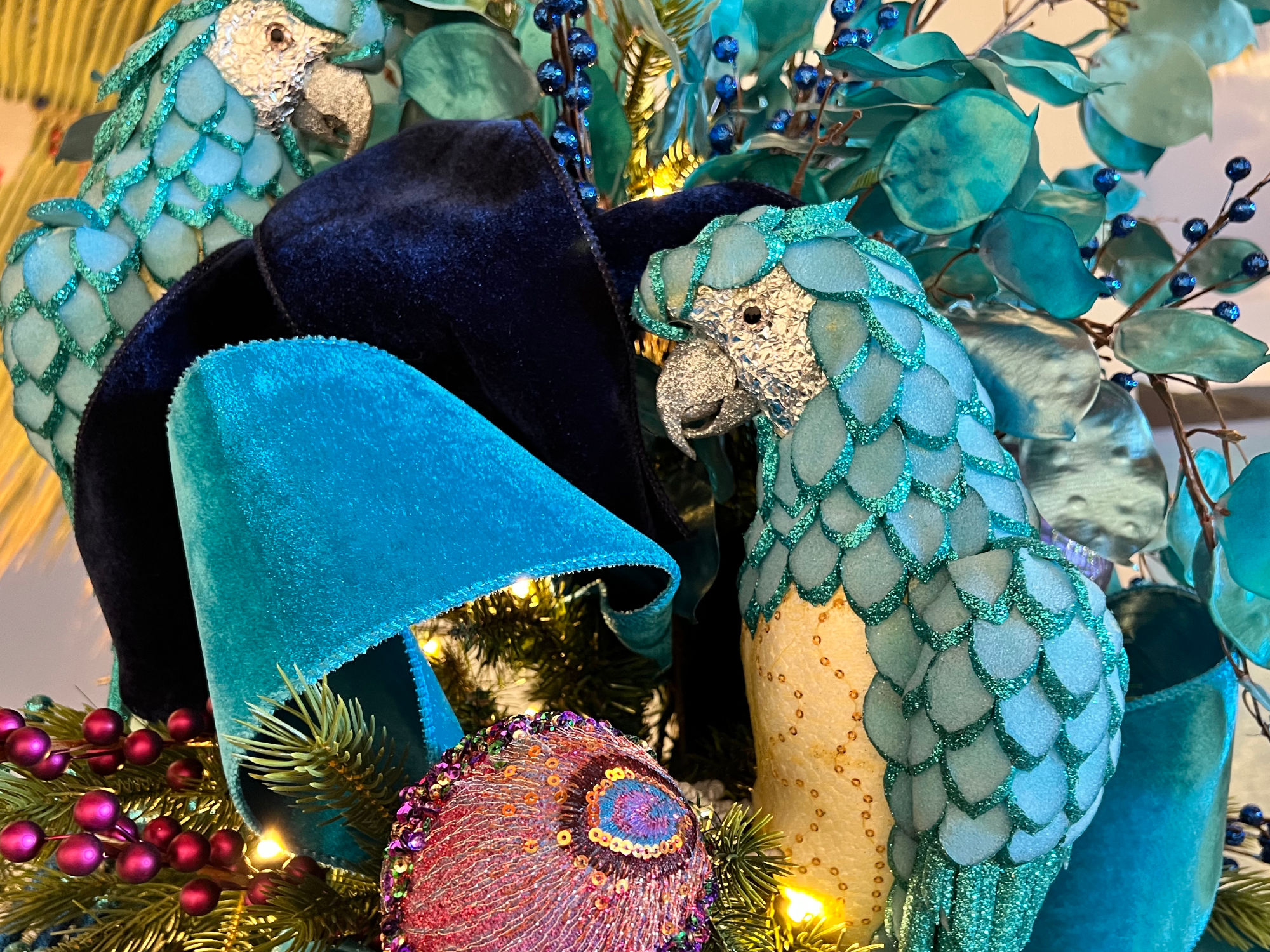
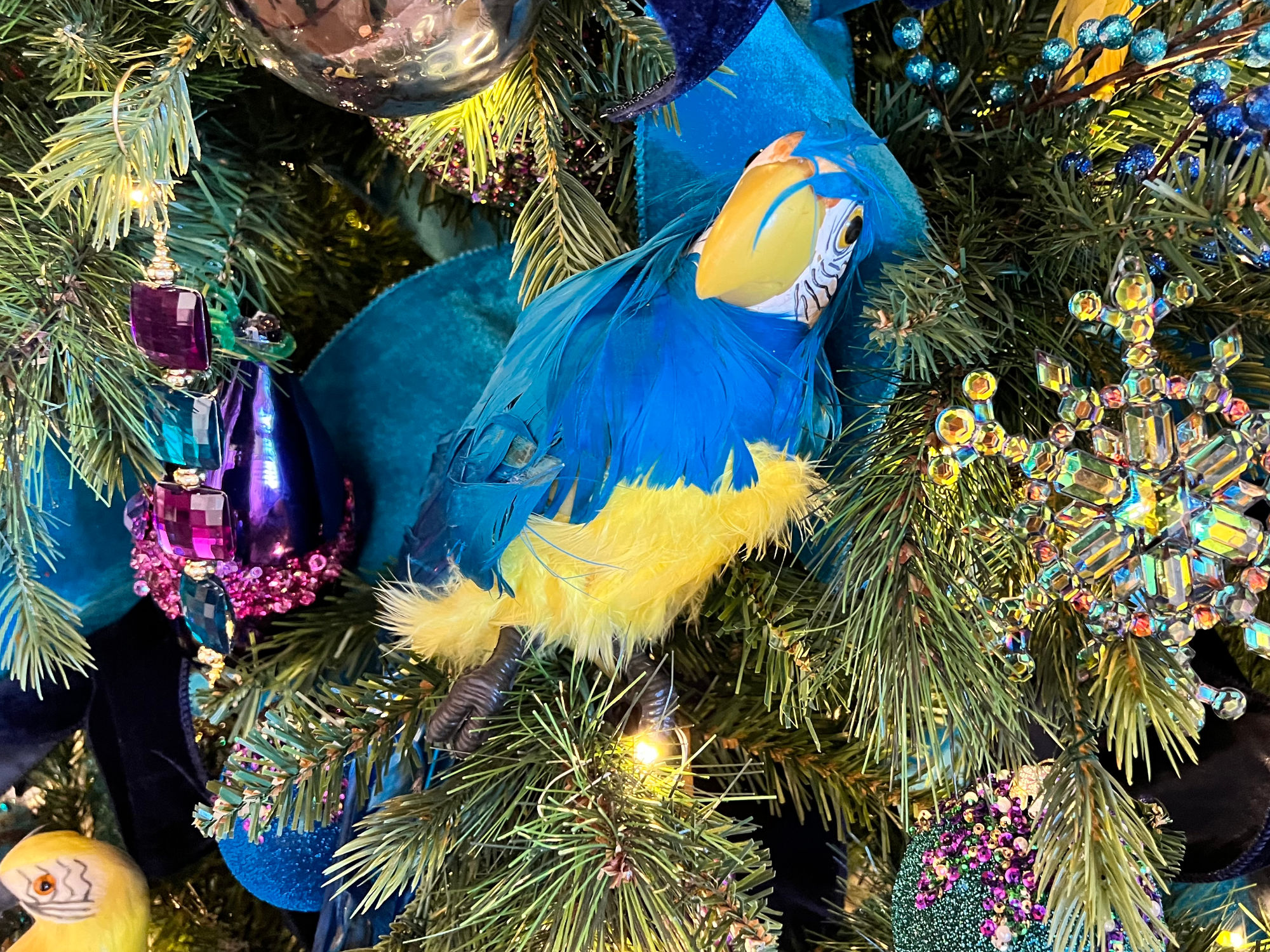
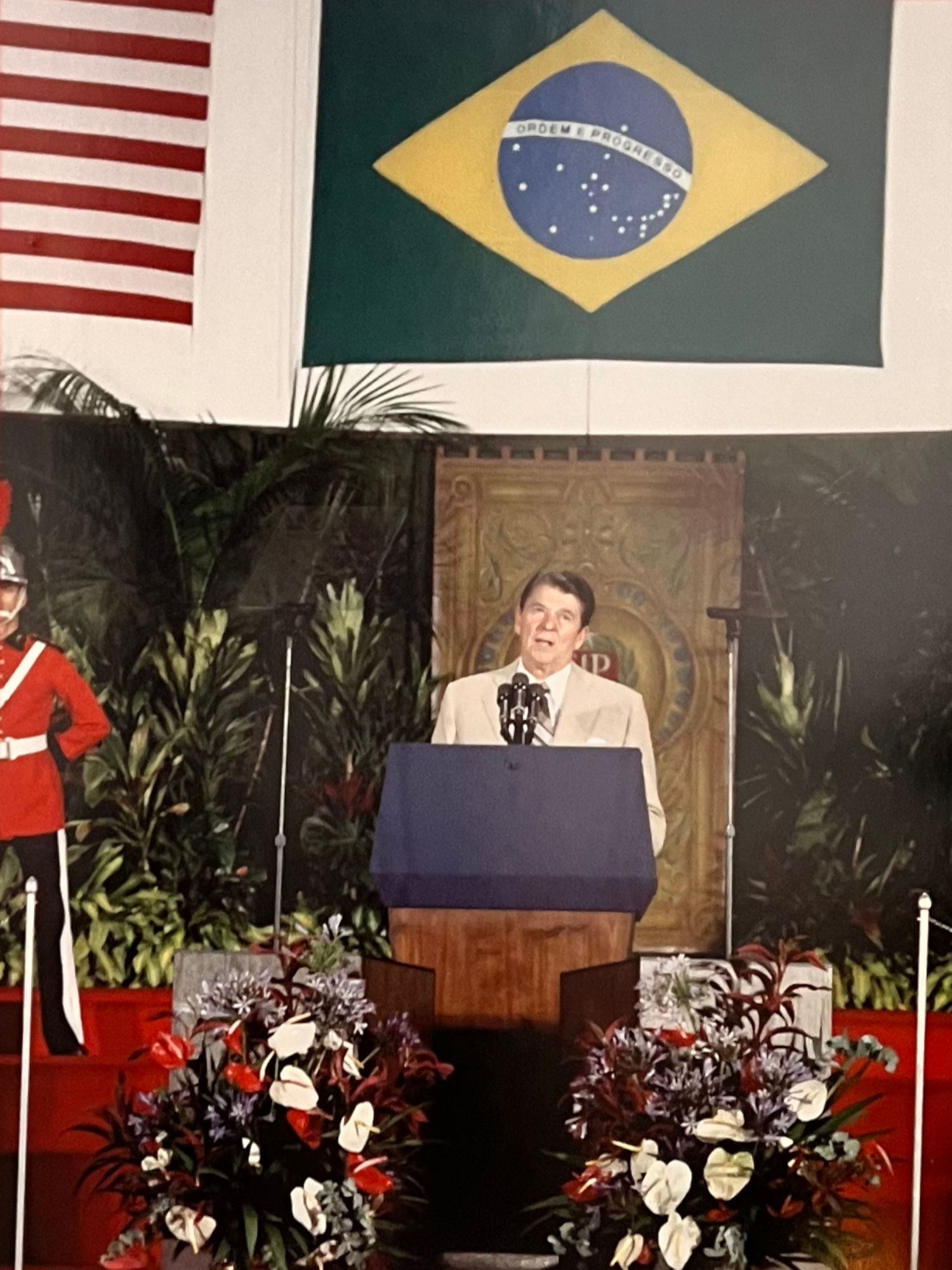
President Reagan addresses U.S. and Brazilian business leaders at the Palacio dos Bandeirantes, Sao Paulo.
Reagan's Daily DiaryThursday, December 2, 1982
Started the day visiting our embassy to unveil a placque commemorating my visit there. Addressed a crowd which included familys of embassy staff both American & Brazilian and the student body of the American school. Then a final meeting with the President-we have established a real friendship. On to Sao Paulo further south in Brazil-a city of 15 mil. people. Had to fly in Marine 1 from the airport to the Gov’s. Palace. Addressed an audience of Brazilian & Am. Bus. leaders. Americans later said-speech did more for America than anything that had ever happened-said I was 1st speaker to ever receive a standing ovation. While waiting to speak I called some of our Congressmen re committee vote on MX-learned later on return to Brazilia we won by 1 vote.Key Facts
- President Reagan leaves for Sao Paulo, Brazil to visit the Governor at his palace.
- President Reagan addresses a group of Brazilian and American business leaders.
Ronald ReaganRemarks at the United States Embassy in Brasilia, BrazilDecember 2, 1982
Thank you very much, and it's good of all of you to be here. Thank you for coming. I was afraid we might not have a good turnout. [Laughter] Someone told me that those of you fortunate enough to live in 113 normally prefer to hang around home. [Laughter]
Well, in contrast to the Secretary, as you know, this is my first visit to South America and to Brazil, and it's an exciting country. And the capital is particularly intriguing. Like many of you, I can remember when Brasilia was no more than a gleam in the eye of its designer. The world has changed. Brasilia is now a major world capital. And this Embassy is one, as you've been told, of our most important missions.
Brazil is a key political and economic force in the region and an increasingly important actor on the world political stage. The relations between our two countries are now entering a period where the need for cooperation is perhaps greater than ever before. And it's to reinforce the importance the United States attaches to Brazil that I've come here to continue the discussions that President Figueiredo and I began last May when he visited us in Washington.
Ambassador Motley tells me the Embassy staff is first rate, that you are doing an outstanding job, and that you stand ready to assist in this task of strengthening our relations with Brazil. I don't think we need any proof of that beyond the help that, as George said, you've already given us in arranging this visit. From the very beginning, the cooperation that we've received from the Embassy and the Consulate-General in Sao Paulo has been exceptional. You have all put in a lot of time and hard work. And I want you to know that your efforts are truly appreciated.
Now, there was just one slipup. The schedule said this morning that I was to wake up at 8 o'clock. I woke up at 7 -- [laughter] -- you know, the change of time and all.
Very few Americans realize what a unique and special group you are -- the handful of Americans who represent and serve our country abroad. The tasks you face are enormous. You often live in conditions of hardship and frequently in danger; and under the most extreme conditions, such as Iran, you've proved your mettle above and beyond the call of duty. Even in less difficult circumstances, you must uproot your families, frequently, begin new lives in countries where you serve, often finding it necessary to overcome the barriers of foreign language and different customs.
Secretary Shultz has told me of the superb job that our Brazilian colleagues on the Embassy staff do, year in and year out. I always get a kick out of the Washington columnists who regularly refer to our missions around as the "striped pants set." I wonder where they get their material? I do not see any striped pants here. [Laughter] What I do see is a group of hard-working, dedicated individuals -- Americans and Brazilians -- who make up a team that I'm proud to be a part of.
So, you keep up the good work. And thank you very much for all that you're doing, and God bless you.
NOTEThe President spoke at 9:22 a.m. inside the Embassy. He then went outside and spoke to members of the American community in Brazil at 9:32 a.m.Mr. Secretary, Mr. Ambassador, you ladies and gentlemen:
I'm very pleased, honored to have the opportunity to participate in the unveiling of this plaque that commemorates my visit.
I think it's significant that the first plaque on the wall commemorated the 1958 visit of Secretary John Foster Dulles, who came to dedicate the grounds of this Embassy. And we're delighted to have with us Ellen Dulles Coelho, John Foster Dulles' granddaughter, who is living here in Brasilia -- and I know is someplace here, but I haven't been able to pick out. Would you raise your hand? There. Well, pleased to have you here.
The United States was the first country to establish an Embassy in Brasilia, symbolic of the pioneer spirit that characterizes our two peoples. And the young people here from the American School of Brasilia are living proof of this. I think a student body with Brazilians, Americans, and other nationalities studying and playing together is a lesson for all of us. We can cooperate and resolve our disputes in a spirit of friendship.
There's another plaque here, one commemorating the 1960 visit of President Eisenhower. He was a statesman who understood and deeply appreciated the importance of building and maintaining good relations between Brazil and the United States. And on returning from his visit to Brazil, he told the American people, "Brazil treasures as much as we do freedom, human dignity, equality and peace with justice." Well, on this visit and on this occasion, may I just say, I share his views, and I'm sure that all of us do. And this is a great example as these two great nations have found these bonds of friendship between us.
And now, I'm not going to keep you waiting any longer. I'm going to unveil the plaque.
That's better than winning an Oscar. [Laughter]
NOTEFollowing his appearance at the Embassy, the President went to the Palacio do Planalto, where he met with President Figueiredo. He then left Brasilia for a visit to Sao Paulo.
WIKIPEDIAThe Federative Republic of Brazil
The largest country in South America and in Latin America. Brazil is the world's fifth-largest country by area and the seventh most populous. Its capital is Brasília, and its most populous city is São Paulo. The federation is composed of the union of the 26 states and the Federal District. It is the only country in the Americas to have Portuguese as an official language. It is one of the most multicultural and ethnically diverse nations, due to over a century of mass immigration from around the world, and the most populous Roman Catholic-majority country.
The word "Brazil" likely comes from the Portuguese word for brazilwood, a tree that once grew plentifully along the Brazilian coast.
- Bounded by the Atlantic Ocean on the east, Brazil has a coastline of 4,655 miles.
- It borders all other countries and territories in South America except Ecuador and Chile
- It covers roughly half of the continent's land area.
- Its Amazon basin includes a vast tropical forest, home to diverse wildlife, a variety of ecological systems, and extensive natural resources spanning numerous protected habitats. This unique environmental heritage positions Brazil at number one of 17 megadiverse countries
- The territory which would become known as Brazil was inhabited by numerous tribal nations prior to the landing in 1500 of explorer Pedro Álvares Cabral, who claimed the discovered land for the Portuguese Empire.
- Brazil remained a Portuguese colony until 1808 when the capital of the empire was transferred from Lisbon to Rio de Janeiro. In 1815, the colony was elevated to the rank of kingdom upon the formation of the United Kingdom of Portugal, Brazil and the Algarves. Independence was achieved in 1822 with the creation of the Empire of Brazil, a unitary state governed under a constitutional monarchy and a parliamentary system. The ratification of the first constitution in 1824 led to the formation of a bicameral legislature, now called the National Congress.
- Slavery was abolished in 1888.
- The country became a presidential republic in 1889 following a military coup d'etat. An authoritarian military dictatorship emerged in 1964 and ruled until 1985, after which civilian governance resumed.
- Brazil's current constitution, formulated in 1988, defines it as a democratic federal republic.
- Due to its rich culture and history, the country ranks thirteenth in the world by number of UNESCO World Heritage Sites.
- Brazil is a regional and middle power that is an emerging power and a major non-NATO ally of the United States.
- Categorised as a developing country with a high Human Development Index, Brazil is considered an advanced emerging economy, having the ninth largest GDP in the world by nominal, and eighth by PPP measures, the largest in Latin America.
- As an upper-middle income economy by the World Bank and a newly industrialized country, Brazil has the largest share of global wealth in South America and it is one of the world's major breadbaskets, being the largest producer of coffee for the last 150 years.
- The country retains noticeable corruption, crime and social inequality.
- Brazil is a founding member of the United Nations, the G20, BRICS, G4, Mercosul, Organization of American States, Organization of Ibero-American States and the Community of Portuguese Language Countries. Brazil is also an Observer State of the Arab League.


